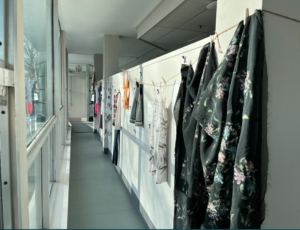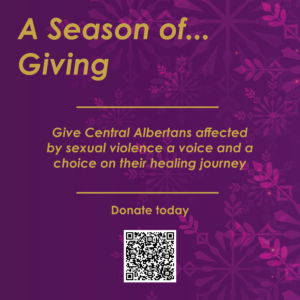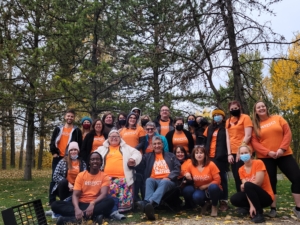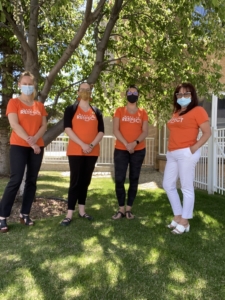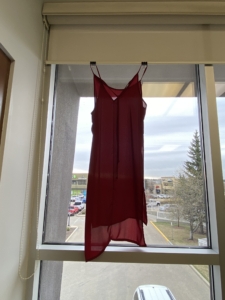
By Tammy Barbour
With the increasing number of unmarked graves of Indigenous children who attended residential school being uncovered across Canada, we must recognize Canada’s colonial past and the lasting negative impact to Indigenous communities.
Red Dress Day is a grassroots movement that grew out of decades of activism from families, survivors, Indigenous peoples, the Truth and Reconciliation Commission and the National Inquiry into Murdered and Missing Indigenous Women and Girls (MMIWG).
This has identified the need for all of us to take action to address the harm and violence experienced by Indigenous peoples, specifically women, girls and 2SLBGTQQIA+ people.
The development of Canada, from a historical context, identified Indigenous women and girls as a means of colonization, population growth and of misogynistic value.
The historical colonization practice created systemic discrimination and inequities that have contributed to oversexualization and dehumanization of Indigenous women and girls.
Sexual violence remains the most under-reported crime in Canada with 95 per cent of survivors who do not report their assaults to the police. In 2014, 83,000 Albertans reported sexual assaults to the police.
The numbers of missing and murdered Indigenous women and girls in Canada continues to rise and many cases are unresolved to this day.
Indigenous women’s groups have documented the number of MMIWG to be over 4000. It is believed that the numbers of missing and murdered Indigenous women and girls is not definitive due to under reporting of violence and lack of ethnic reporting in databases.
According to the 2004 General Social Survey, Indigenous women 15 years and older were three and a half times more likely to experience violence than non-Indigenous women.
The Kinship Intervention Program (KIP) at the Central Alberta Sexual Assault Support Centre (CASASC) focuses on the prevention and intervention of sexualized behaviour, historical trauma, sexual abuse, sexual violence and the support for individuals, families and communities to heal from the violence and trauma in their way.
The environments in which we live, raise our children, learn and grow as people must not reinforce the systemic and discriminatory forms of gender-based violence that has been part of our history.
We need to come together and dismantle the social environments that allow sexism, racism, homophobia, transphobia and the systemic discrimination and inequities entrenched in our governments, policies and practices.
With the change to these environments, we can then work together to create safe spaces for all peoples, specifically addressing the real violence that Indigenous women, girls and 2SLGBTQQIA+ people face every day.
Indigenous people in Canada have faced systemic violence and oppression for generations and have lost children, mothers, aunties, sisters, and grandmothers to sexualized violence in Canada.
By recognizing and continuing the conversation we contribute to the increased awareness of MMIWG as the sexual violence still exists today.
We can increase awareness of these realities by remembering missing and murdered Indigenous women and girls along with solidarity with family members and loved ones.
Red Dress Day is a recognition that our environments are not equal for all people and that we will not accept the over sexualization of Indigenous women, girls and 2SLGBTQQIA+ people.
We ask everyone to wear red or hang a red dress in their window on Thursday, May 5 to increase awareness and contribute to the establishment of safer environments wherever they live.
It will take long-term commitment and passion to end the violence against Indigenous women, girls and 2SLGBTQQIA+ from all aspects of the Canadian identity.
Please wear red and let the families of the MMIWG know that you hear them.
Tammy Barbour is the community engagement facilitator for the Kinship Intervention Program (KIP) of the Central Alberta Sexual Assault Support Centre.
Article as published in the Red Deer Advocate on May 3, 2022.
